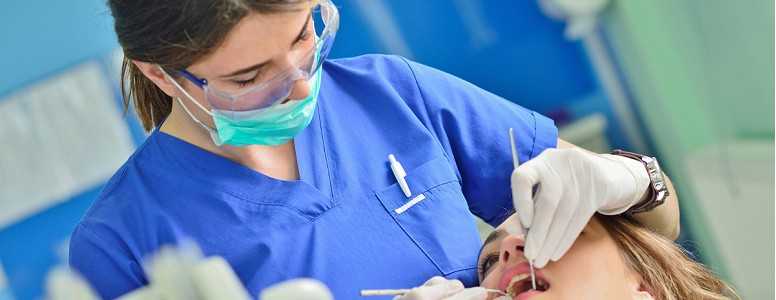US researchers want to test whether a common tuberculosis vaccine could help prevent type 1 diabetes in children.
A team from the Massachusetts General Hospital say they have evidence to suggest that the Bacillus Calmette-Guerin (BCG) vaccine has been effective in preventing the condition in adults.
Dr Denise Faustma, director of the hospital’s immunobiology laboratory, is seeking permission from the US Food and Drug Administration (FDA) and the Institutional Review Board for permission to test the jab in young people, as reported by Boston Business Journal.
Her previous research has shown that the vaccine works because it genetically alters the white blood cells in the body. This process means glucose can be filtered, filling in for the job that the beta cells in the pancreas are supposed to do.
Type 1 diabetes is usually diagnosed at a young age, so the research team want to investigate whether using the BCG jab earlier has the same effect and can prevent the condition from developing at all.
Last year Dr Faustman and colleagues published a study which involved 52 people with type 1 diabetes. After three years of treatment the participants’ average blood glucose levels had dropped by 10% and by 18% after four years. Their levels remained within the normal range eight years later after the trial had ended.
If the study gets approved and the findings show the vaccine can be used to help prevent and treat type 1 diabetes, this breakthrough could have significance.
At the moment there is no preventative treatment for type 1 diabetes and the BCG jab is an inexpensive and safe vaccine which is used by people on a worldwide scale to prevent TB. Last year alone, 100 million doses of the vaccine were given to newborns.




